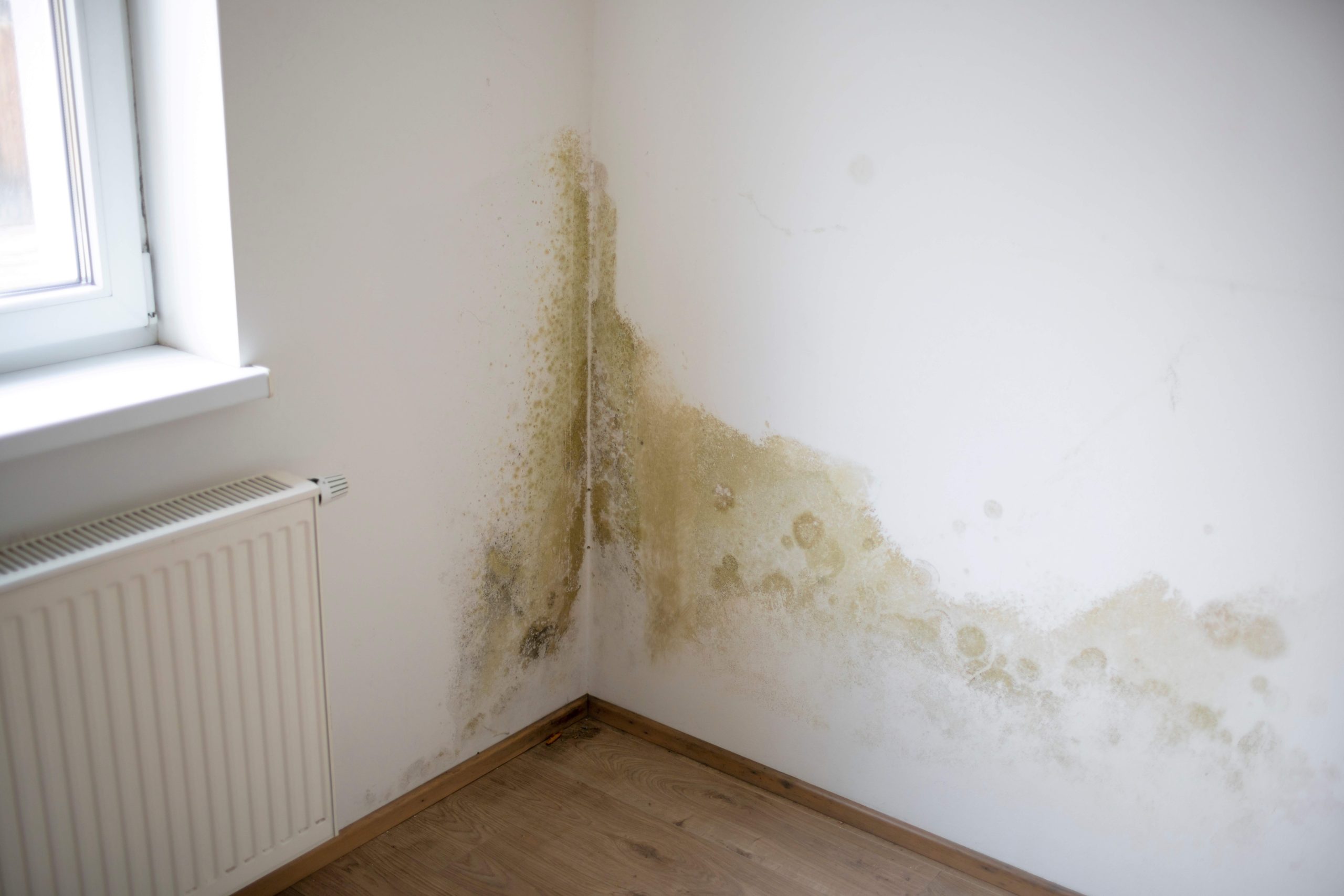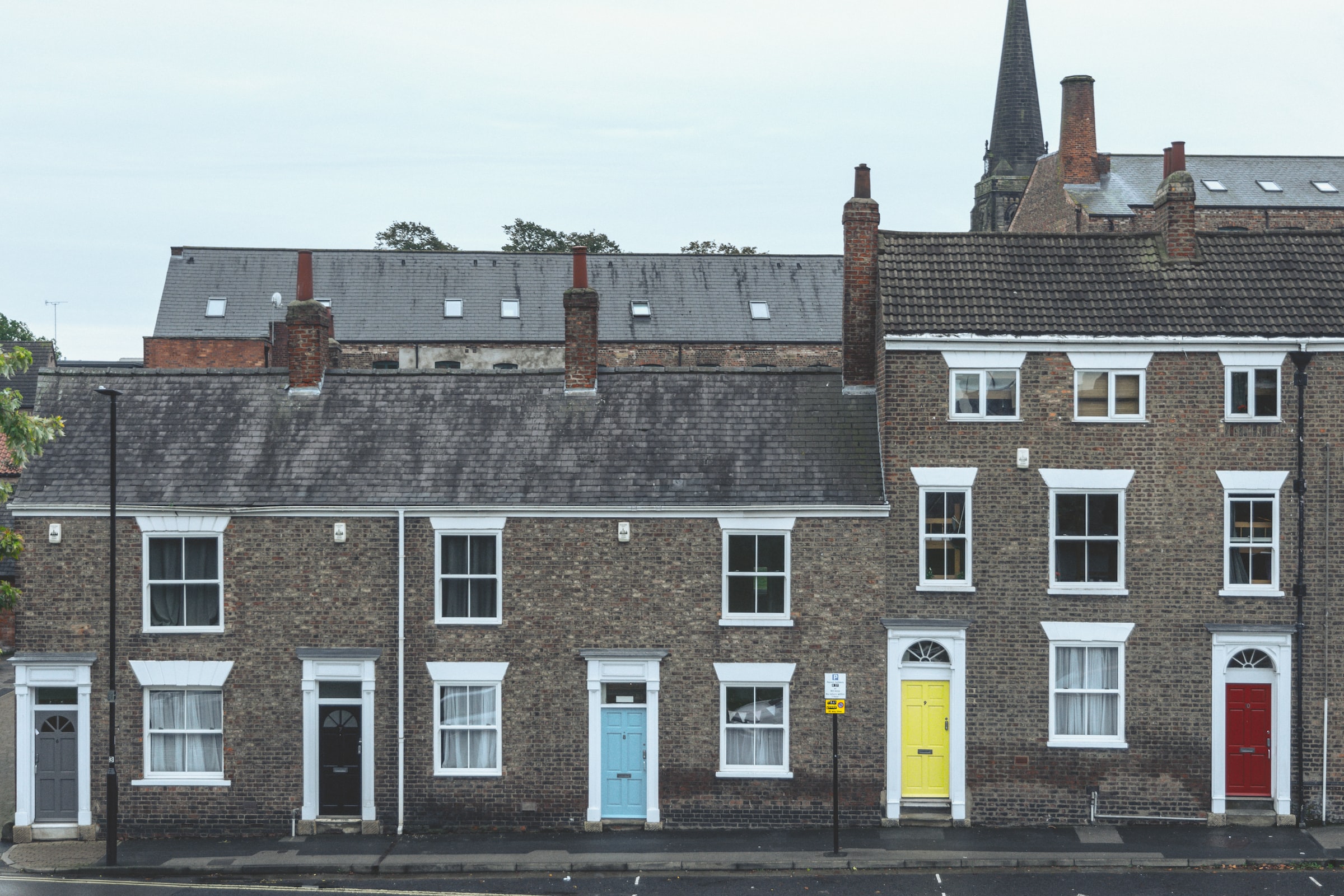Research Reveals Poor Housing Conditions Harm Children’s Well-being

New research published by the Economic and Social Research Institute (ESRI) has revealed that poor housing conditions affect children’s health and social and emotional well-being. Housing Industry Leaders explores the findings of the research.
Produced in partnership with the Department of Children, Equality, Disability, Inclusion and Youth (DCEDIY), the research uses data on children born in 2007-2008 from the Growing Up in Ireland (GUI) study.
The findings show that children living in inadequate housing and in more disorderly neighbourhoods have worse health and developmental outcomes at nine years old than their peers.
Also, the report explains that the longer children are exposed to these inadequate housing from birth to age nine, the more harm they experience.
Poor Housing Has Negative Impacts On Children’s Development
It is highlighted in the report that at age nine, 75 per cent of children lived in owner-occupied housing, 12 per cent in social housing, 11 per cent in the private rented sector and just over one per cent were living with their parent(s) in their grandparents’ home.
While the majority of nine-year-olds lived in accommodation that their parents thought was suitable to their needs, one in ten lived in unsuitable housing. This was mainly due to the size of the accommodation.
A similar proportion of children lived in homes that parents could not afford to keep warm, while 19 per cent lived in neighbourhoods that their parents felt had higher levels of disorder, such as rubbish and vandalism.
For some children, inadequate housing conditions were a persistent problem throughout their childhood. Seven per cent of children spent persistent periods in homes that their parents could not afford to keep warm, with a similar proportion spending much of their childhood in housing that was too small.
James Laurence, the lead author of the report in the ESRI, explained that the report highlights that it is crucial that the sector improves the quality of its housing stock: “A significant minority of children experience periods of inadequate housing over their childhood, and some spend years exposed to poor housing conditions, with negative impacts on their social and emotional development and health.”
This report shows that current housing policy needs to focus as much attention on housing quality and adequacy as supply and affordability, for the wellbeing of children and families.
Inadequate Heated Homes Can Harm Children’s Health
The research has expressed that housing conditions are closely linked to families’ socioeconomic circumstances. It has been found that children with parents out of employment, who have lower incomes, less education, or who live in rented accommodation, are more likely to live in poorer housing conditions.
However, even after considering families’ circumstances, children in lone-parent households were still more likely to live in private rented and social housing and to be experiencing heating deprivation and neighbourhood disorder.
Inadequate housing matters for child outcomes as more prolonged exposure to poor housing conditions significantly impact children’s social and emotional development.
Nine-year-olds who spent more of their childhood in homes that their parents could not afford to keep warm, that their parents considered to be too small, or who lived in more disorderly neighbourhoods, faced more social and emotional difficulties than those who grew up in better-quality housing.
Similarly, nine-year-olds who grew up in more disorderly neighbourhoods or in homes that their parents felt were not child-friendly had fewer positive interactions with others compared to their peers.
Poor housing conditions can also affect and harm children’s health, with respiratory problems being more common for nine-year-olds who spent longer living in these conditions.
Children who grew up in inadequately heated homes were found to be more likely to have worse health, as reported by their parents and experience more accidents or injuries requiring medical treatment.
Investments To Improve The Quality Of Housing Is Needed
The strong link between low income and poor housing circumstances in the research reflects the importance of broader income and welfare supports and specific housing supports. This has become particularly relevant in light of the rising fuel costs and the current housing crisis.
ESRI’s research highlights the need for greater emphasis on inspection and follow-up of standards in the private rented and social housing sector, to address poor housing conditions.
It has made it clear that it is essential that investments to improve the physical and social infrastructure in local communities are encouraged and implemented.

